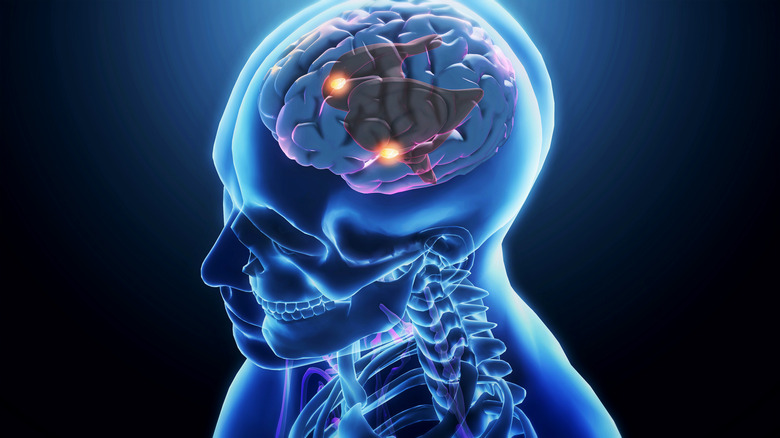The Science Of 'Mental Time Travel' May Help Unlock The Human Mind
A new study could offer some hope for reinstating and rejuvenating old memories. The idea builds off a theory based around "mental time travel," which suggests mentally traveling back to the time of a memory can revive the details of the memory and essentially reset the forgetting curve.
It's an interesting hypothesis that could offer more insight into how our brains work, even while wandering aimlessly, as well as how our memories hold up long-term. As many of us are probably already aware, as more time passes since a memory, it becomes more difficult to recall the finer details. This is especially evident if you try to recall something that happened when you were a child.
To test whether mentally time traveling could indeed rejuvenate a memory, researchers recruited over 1,200 participants for a new study, which they published the findings for in the Proceedings of the National Academy of Sciences. They then split the participants into four different groups, where each group underwent a series of experiments.
Experimenting with mental time travel
For the first experiment, the researchers tasked the groups with memorizing a list of words. Then, for a second experiment, they were asked to read a passage from a book. After the initial reading and memorizing was done, the researchers then asked the groups to recall the material that they had read and learned.
One group was tasked with recalling the details without any kind of mental time travel or context reinstatement. The other three groups were told to recall the material through context reinstatement — the act of recalling your thoughts and feelings during the encoding or experience of a memory. Those three groups were charged with recalling the information at different time periods starting at four hours, then 24 hours, and then seven days after learning the material.
The researchers found that memories were easiest to recall when the participants did so within four to 24 hours. They were still able to recall the memories after a time lag of 7 days, but the likelihood of reinstating the memory through context reinstatement — as well as the proportion of the memory recalled — started to diminish at longer time intervals. The researchers also found that doing this seemed to reset the forgetting curve, though it tends to range around the same interval as the initial curve did from the time the memory was experienced to when it was recalled.
Real-life memories may offer more context
Of course, there may be some difference between memories made in real life — which could offer more meaningfulor emotional details to recall — versus the lab-oriented memory exercises put on display here. Still, this research brings some hope to the possibility that it might be easier to recall memories if you use context like the feelings you experienced during the memories in question when trying to recall them.
Ultimately, we're still decoding the secrets of the human brain, including determining if the brain learns in the way we think it does and figuring out how memories work. However, research like this can help us sort through the pieces and paint a much better picture overall of exactly how the brain operates when taking part in different activities such as recalling memories, experiencing things firsthand, and more.
With a clearer picture of the mechanics behind memory, determining the cause of brain-related diseases might even become simpler, especially as researchers decode more of the brain's mysteries.


